PERFORMING PLACE, PRACTISING MEMORIES
Space and Place
Bodily, geographic, and architectural sites are embedded with cultural knowledge and social value. This series provides ethnographically rich analyses of the cultural organization and meanings of these sites of space, architecture, landscape and places of the body. Contributions examine the symbolic meanings of space and place, the cultural and historical processes involved in their construction and contestation, and how they communicate with wider political, religious, social and economic institutions.
Volume 1
Berlin, Alexanderplatz: Transforming Place in a Unified Germany
Gisa Weszkalnys
Volume 2
Cultural Diversity in Russian Cities: The Urban Landscape in the post-Soviet Era
Edited by Cordula Gdaniec
Volume 3
Settling for Less: The Planned Resettlement of Israels Negev Bedouin
Steven C. Dinero
Volume 4
Contested Mediterranean Spaces: Ethnographic Essays in Honour of Charles Tilly
Edited by Maria Kousis, Tom Selwyn, and David Clark
Volume 5
Ernst L. Freud, Architect: The Case of the Modern Bourgeois Home
Volker M. Welter
Volume 6
Extreme Heritage Management: The Practices and Policies of Densely Populated Islands
Edited by Godfrey Baldacchino
Volume 7
Images of Power and the Power of Images: Control, Ownership, and Public Space
Edited by Judith Kapferer
Volume 8
Performing Place, Practising Memories: Aboriginal Australians, Hippies and the State
Rosita Henry
Volume 9
Post-Cosmopolitan Cities: Explorations of Urban Coexistence
Edited by Caroline Humphrey and Vera Skvirskaja
Volume 10
Places of Pain: Forced Displacement, Popular Memory and Trans-local Identities in Bosnian War-torn Communities
Hariz Halilovich
Volume 11
Narrating Victimhood: Gender, Religion and the Making of Place in Post-War Croatia
Michaela Schuble
Volume 12
Power and Architecture: The Construction of Capitals and the Politics of Space
Edited by Michael Minkenberg
Volume 13
Bloom and Bust: Urban Landscapes in the East since German Reunification
Edited by Gwyneth Cliver and Carrie Smith-Prei
PERFORMING PLACE, PRACTISING MEMORIES
Aboriginal Australians, Hippies and the State
Rosita Henry
First published in 2012 by
Berghahn Books
www.berghahnbooks.com
2012, 2015 Rosita Henry
First paperback edition published in 2015.
All rights reserved. Except for the quotation of short passages for the purposes of criticism and review, no part of this book may be reproduced in any form or by any means, electronic or mechanical, including photocopying, recording, or any information storage and retrieval system now known or to be invented, without written permission of the publisher.
Library of Congress Cataloging-in-Publication Data
Henry, Rosita.
Performing place, practising memories : Aboriginal Australians, hippies and the state / by Rosita Henry. 1st ed.
p. cm.
Includes bibliographical references and index.
ISBN 978-0-85745-508-6 (hardback : alk. paper) ISBN 978-1-78238-683-4 (paperback : alk. paper) ISBN 978-0-85745-509-3 (ebook)
1. Aboriginal AustraliansAustraliaKuranda (Qld.)Ethnic identity.
2. Aboriginal AustraliansAustraliaKuranda (Qld.)Social conditions.
3. Aboriginal AustraliansAustraliaKuranda (Qld.)Government relations.
4. CountercultureAustraliaKuranda (Qld.)History20th century.
5. Aboriginal Australians in popular cultureHistory20th century. 6. WhitesAustraliaKuranda (Qld.)Social conditions. 7. Kuranda (Qld.)History.
8. Kuranda (Qld.)Race relations. 9. Kuranda (Qld.)Social life and customs.
I. Title.
GN667.Q4H46 2012
305.899150943dc23
2012001674
British Library Cataloguing in Publication Data
A catalogue record for this book is available from the British Library
Printed on acid-free paper.
ISBN: 978-0-85745-508-6 hardback
ISBN: 978-1-78238-683-4 paperback
ISBN: 978-0-85745-509-3 ebook

CONTENTS


FIGURES AND MAPS

Figures
Maps

PREFACE

This ethnographic study focuses on the small Australian town of Kuranda marketed for tourists as the village in the rainforest and explores how political identities are generated. It is a study of the way people constitute themselves in relation to place, and the way they construct, communicate and contest the identities produced within the contexts of a bureaucratic state order and a network of global economic and political forces. The study is not about any particular culture or sub-culture in isolation neither the various waves of European settlers nor the Aboriginal population but the practices of all categories of people, viewed at the intersection of their socio-political constitution and engagement. The ethnographic task at hand is to explore the fields of sociality of people who call Kuranda home, in order to discover their various practices of place-making.
The book is built around a number of linked analyses of conflicts, or social dramas, that have arisen in the town in connection with both public and private spaces. In turn, these social dramas foster theatrical and other staged performances that allow people to reflect upon their social situations. I explain these performances as practices that enable people to celebrate the ways in which their particularistic identities articulate with universal values. Through public performances and everyday spatial tactics, people resist state projects, but they also contribute to the cultivation and propagation of state effects. They play with identities so as to produce a sense of local community a sense of place that works both with and against the state.
The role of the state in relation to Indigenous Australians has recently become an issue of intense debate among anthropologists and other scholars, following the heavy-handed intervention of the Australian federal government in Aboriginal communities in the Northern Territory after the release of the


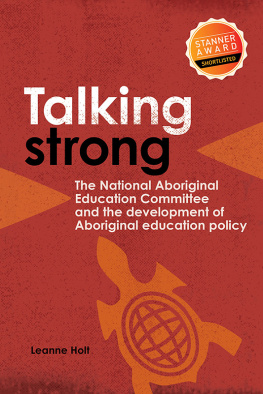
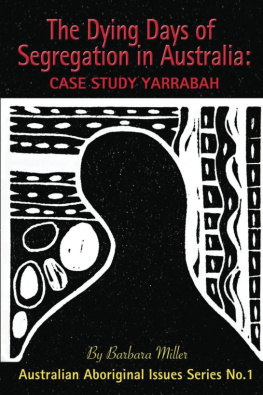
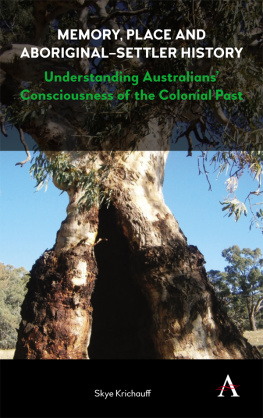
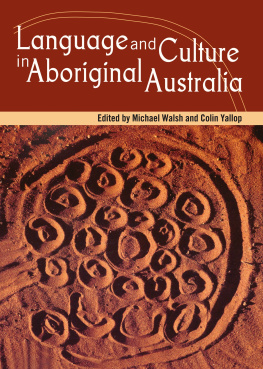
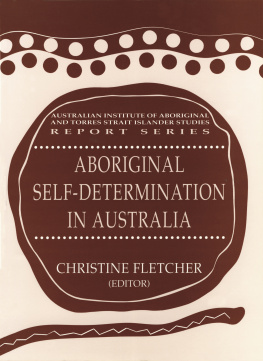
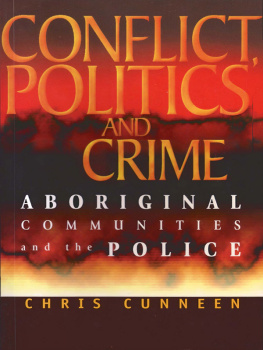

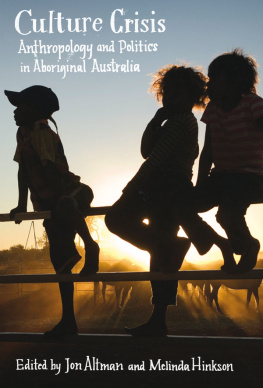
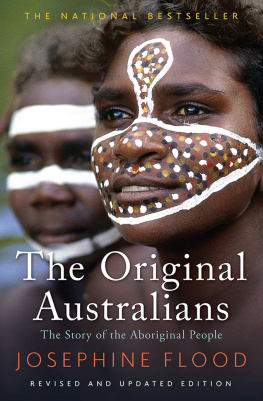
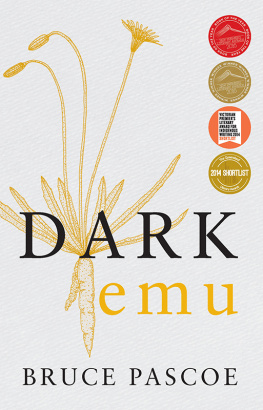
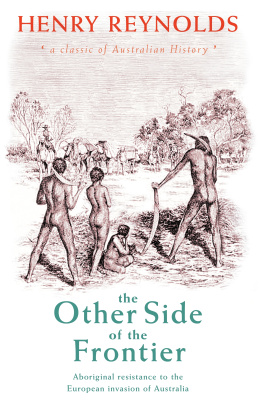


 CONTENTS
CONTENTS 
 FIGURES AND MAPS
FIGURES AND MAPS 
 PREFACE
PREFACE 